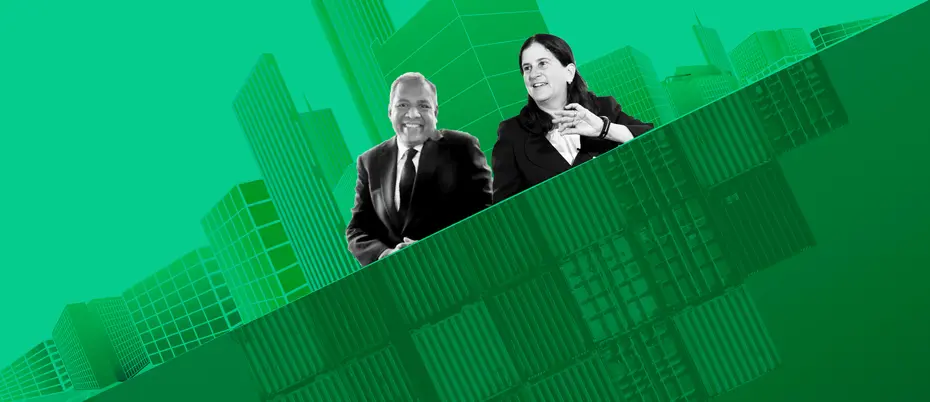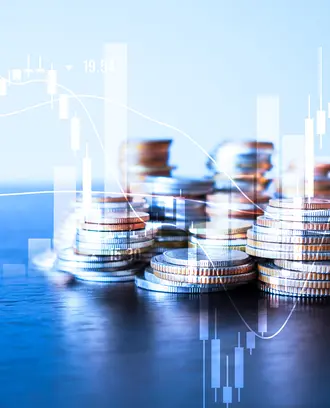Finance
Barclays CEO lays out 3 top risks to business
C.S. “Venkat” discusses the need for banks to stay prudent and his three top risks for business: inflation, supply chain, and climate change.
As a former chief risk officer, Barclays CEO Coimbatore Sundararajan Venkatakrishnan (known as Venkat) has an acute awareness of how important it is for banks to stay prudent.
Speaking recently at the MIT Sloan Investment Conference, Venkatakrishnan said that he’s noticed more banking executives with risk management experience taking on leadership roles, a trend that coincides with a desire for caution across the industry.
Before 2008, most people viewed banks as growth stocks, but that “took a backseat after the financial crisis when there was a view that growth had caused part of the problem,” Venkatakrishnan said.
“Yes, [banks] have to be profitable,” he said. “Yes, we have to give good returns to our shareholders, but we’ve also got to be prudent, because the very large banks like Barclays play an important role in maintaining stability in the financial system.”
Venkatakrishnan became chief executive of Barclays in November 2021. Prior to that, he served as head of global markets and co-president of Barclays Bank PLC and as group chief risk officer from 2016 to 2020.
Venkatakrishnan, who holds a PhD from MIT in operations research, was interviewed about the economy and his career bydistinguished professor of finance at MIT Sloan and director of the MIT Golub Center for Finance and Policy. Here are three big risks he sees happening right now:
Inflation
Inflation and rising interest rates were among top concerns even before Russia declared war on Ukraine. That has exacerbated the situation even more, he said, “because Russia was such an important player in the global commodities markets.”
Specifically, there have been “immediate price shocks” in precious metals, energy, and agriculture. Going forward, Venkatakrishnan predicted, there will be “huge inflationary shocks over the longer term” that he believes will impact companies around the world.
“I think this situation is unlikely to solve itself very soon,” Venkatakrishnan said. “And I think that has made it therefore a riskier environment, a far riskier environment.”
Supply chain complexity
Related Articles
Increased globalization “has led to a very complex supply chain” around the world, Venkatakrishnan said, and unfortunately, the COVID-19 pandemic and war in Ukraine have added to the complexity by accelerating a desire to source products regionally instead from overseas.
If this trend continues, “that will make countries that were moving closely together either stay where they are or move slightly apart in economic terms — the reemergence of blocs, if you like,” Venkatakrishnan said. Due to the Russian invasion, energy independence and energy security are becoming bigger issues for countries around the world, he said.
Climate change
Financial institutions have an important role to play in helping reduce carbon emissions by financing companies and projects that are part of the energy infrastructure, Venkatakrishnan said.
He acknowledged, however, it isn’t always easy for banks to assess whether these companies are abiding by environmental, social, and governance issues, in part because of a lack of standardization. Not having clear reporting requirements from governments only compounds the matter.
Climate change “is a defining issue for our lifetime,” he said. “I think there’s a great amount of work which institutions can do — both the private sector and academics — to help standardize that.”
Read next — BlackRock's Larry Fink: Don't divest fossil fuels, stay in the game




